Healthcare providers and service organizations that have to consider HIPAA and SOC 2 compliance are often challenged with juggling massive amounts of data while trying to run their business and stay compliant. While HIPAA and SOC 2 audits can help ensure compliance, these organizations may not know where to start.
Read on as we take a closer look at HIPAA and SOC 2 audits to share how they can work together and why working with managed IT services can help.
What are HIPAA and SOC 2 Audits?
Before we get into the details about how HIPAA and SOC 2 work together, let’s take a quick look at what each of these types of audits entails.
HIPAA Audit
HIPAA (Health Insurance Portability and Accountability Act) was designed to protect the medical privacy of patients. Healthcare providers are responsible for maintaining the security of health-related information protected through HIPAA. This means that they must have processes and procedures in place to protect patient data and their related health information. The purpose of a HIPAA audit is to determine if the healthcare provider meets all of the requirements for maintaining HIPAA compliance.
SOC 2 Audit
SOC (System and Organization Controls) was designed to ensure service organizations are protecting their client’s data. SOC 2 focuses on a service organization’s security, availability, processing integrity, confidentiality, and/or privacy controls, based on their compliance with the AICPA’s (American Institute of Certified Public Accountants) TSC (Trust Services Criteria). The purpose of a SOC 2 audit procedure is to ensure that service providers securely manage their client data.
How HIPAA and SOC 2 Work Together
In this section, we will provide some examples of how HIPAA and SOC 2 impact specific organizations and explain how they can work together.
While HIPAA and SOC 2 are separate types of compliance, they are both important for specific organizations. In accordance with HIPAA, healthcare providers have to follow protocols in a number of areas to be considered HIPAA compliant. For example, it is important for healthcare providers to comply with federal law when they transmit patient data via email. This means their email must be HIPAA compliant. While SOC 2 compliance isn’t a requirement, it is important for service companies – such as a SaaS organization. SOC 2 audits can be extremely important for them because clients that work with them trust them to protect their privacy.
How do HIPAA and SOC 2 work together for organizations that serve clients that intersect these two compliance areas? A SaaS organization that serves the healthcare industry can benefit from a combined HIPAA and SOC 2 audit because compliance is required for both areas. A combined audit ensures that data is secure for both the service organization and its healthcare industry clients. A combined audit gives service organizations the reputation they need as they work with these types of clients. When healthcare organizations partner with SaaS providers, compliance is a minimal requirement.
Benefits of MSP Partnership to Handle HIPAA and SOC 2 Compliance
Partnering with an MSP (managed service provider) can improve handling HIPAA and SOC 2 compliance. MSPs help simplify compliance by offering several ways to assess an organization’s current security strategy and recommend ways to strengthen its entire IT infrastructure.
MSPs Fill in IT Gaps
MSPs also help to fill any gaps with in-house IT staff. In general, in-house IT teams are juggling many tasks that make it challenging for them to keep up with the demands of business cybersecurity – let alone keeping track of all of the complexities of HIPAA and SOC 2 compliance. MSPs are security experts, who can be an excellent supplement to in-house IT teams. Not only does it keep them from having to worry about safeguards for maintaining HIPAA and SOC 2 compliance, but an MSP also delivers a proactive approach to compliance. Their expertise often helps ensure that their clients do not fall behind in their security technologies.
MSPs are Supplemental IT Staff
While you can leverage your MSP to maintain regulatory HIPAA compliance and SOC 2 compliance, you can also work with them to do so much more. Managed IT solutions give your organization peace of mind by managing a number of areas that supplement your IT needs. They can support IT staff as project managers and help with build-outs and maintenance for your endpoints (e.g., desktops, laptops, and servers). Not only does this help take the weight off your internal IT support, but it also allows them to take a deeper dive into your IT infrastructure – making them more of an asset for recommending how you can keep your important data secure.
When it comes to HIPAA and SOC 2 compliance, conducting auditing through working with an MSP can be an essential best practice. Healthcare providers, SaaS companies and any other organizations that have these types of regulatory considerations for their data need to stay abreast of the rules and regulations for maintaining compliance. With so many priorities for these types of businesses, an MSP is best equipped to take the lead in managing this area.

